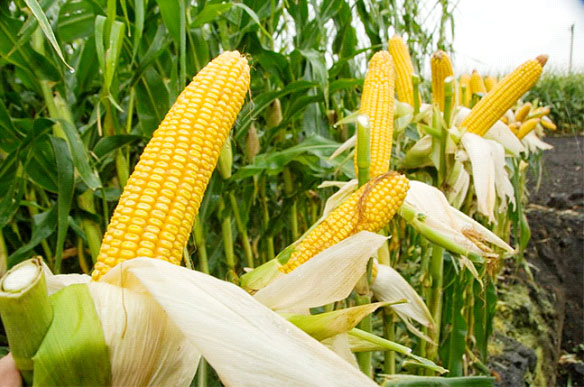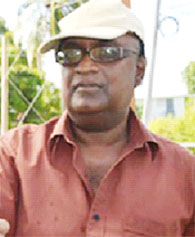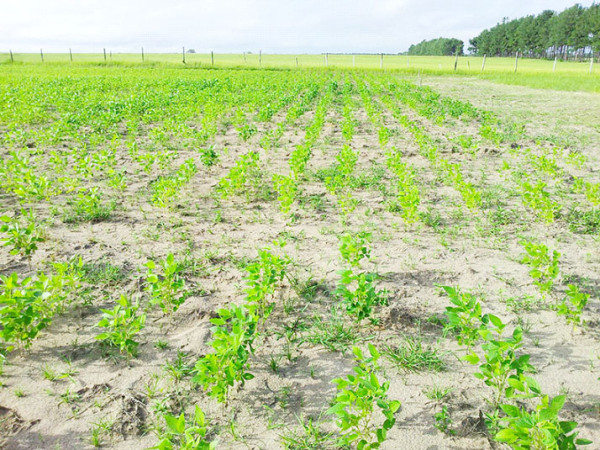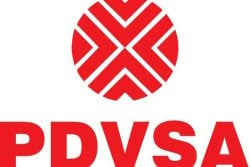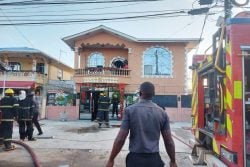Guyana’s agricultural sector may be moving closer to taking advantage of an estimated US$400 million Caricom poultry meat market following a disclosure that points to the likelihood that the local poultry sector could be close to securing self-sufficiency in the production of two key ingredients in the manufacture of poultry feed.
Chief Executive Officer of the National Agricultural Research and Extension Institute (NAREI) Dr Oudho Homenauth told Stabroek Business in an exclusive interview yesterday that Guyana could be close to realizing self-sufficiency in the production of corn and soya bean, the major ingredients in poultry feed used in the local industry.
The anticipated significant breakthrough in the volumes of corn and soya bean production is due in considerable measure to work initiated by NAREI last year on the expansion of corn and soya bean production. NAREI’s 2014 annual report disclosed that last year the Institute evaluated three new varieties of corn at Mon Repos and Ebini and established 22 acres of the Tracaja variety of soyabean at Ebini for demonstration purposes.
The report says that the new varieties of corn were evaluated against two local varieties – local yellow and local red – and found not only to yield more output per acre but to have a lower cost of production. The three new varieties (GC9, GC13 and GC1) were the most high-yielding types, with reported yields of 6,170, 5,970 and 5,860 kgs per hectare respectively as compared to 2,611 and 3,287 kg per hectare for the local yellow and the local red, respectively. The cost of production as quoted in the NAREI 2014 annual report was $82 per kg at Ebini and $32 per kg at Mon Repos. According to the report, the imported varieties were targeted for production this year.
Meanwhile, NAREI says in its 2014 report that last year based on data gathered during the demonstration phase the 22 acres at Ebini were expected to be expanded to 200 acres this year.
Work currently being undertaken by NAREI to address the feed production challenge will have to be supported by additional; industry-related work in the area of health and sanitation if locally produced poultry meat is to meet the standard set by ports of entry in other Caricom territories. Lowering feed costs in the local poultry industry is considered key to lowering overall costs of production in the sector.
